Unseen Photos of Jewish Life in Europe, Before and After World War II
Interior of the Anhalter Bahnhof railway terminus near Potsdamer Platz, Berlin, 1929–early 1930s. (Photo: © Mara Vishniac Kohn, courtesy International Center of Photography)
Roman Vishniac, born in Russia in 1897, prolifically documented the upheavals of the 20th century. Following the Bolshevik Revolution, he moved to Berlin in 1920, where he began his five-decade photography career. Between 1935 and 1939, he traveled frequently to Eastern Europe to document Jewish communities. It was this work–commissioned by the American Jewish Joint Distribution Committee relief organization–for which Vishniac became best known.
Much of Vishniac’s other work was, until recently, unpublished. During his long career, Vishniac photographed pre-war Berlin, and after moving to America in 1940, traveled back to Europe to document the after-effects of the war. His archives, now held by the International Center of Photography, contain over 30,000 objects, including prints, film footage and negatives. In 2014, the ICP announced it had digitized the collection, including 9,000 negatives, most of which had never been seen before.
In the new book, Roman Vishniac Rediscovered, his work from the 1920s in Europe through the 1960s in America is brought together. Below, see a choice selection of images from this vast collection.
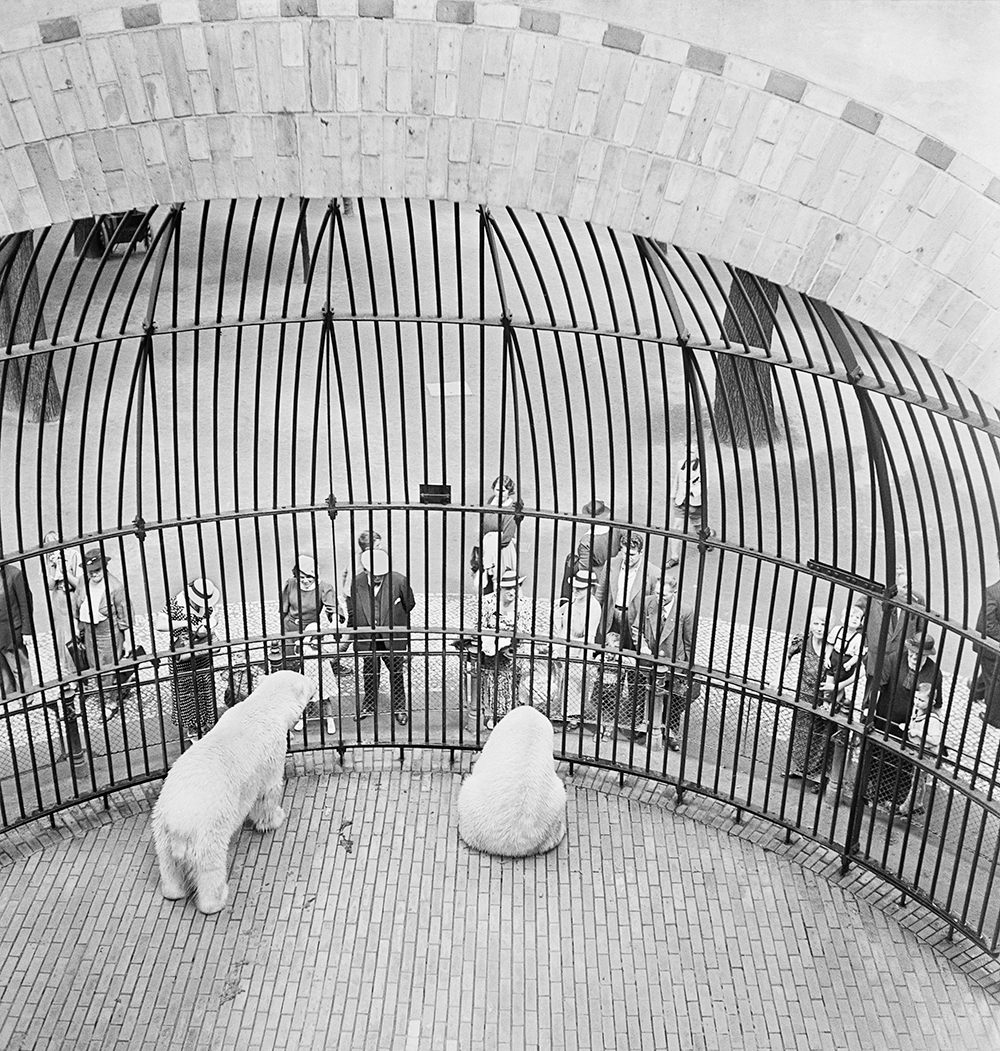
People behind bars, Berlin Zoo, early 1930s. (Photo: © Mara Vishniac Kohn, courtesy International Center of Photography)
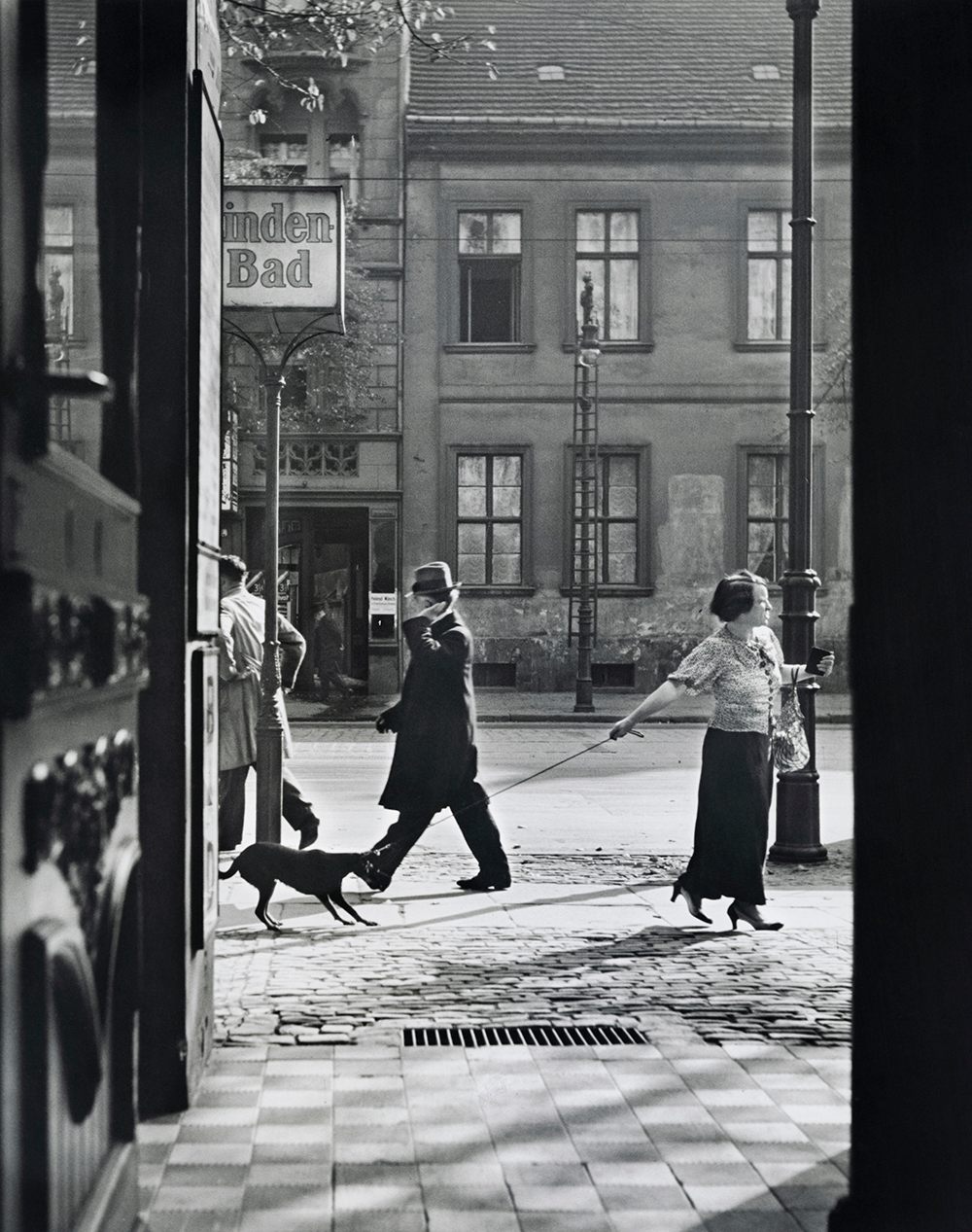
Recalcitrance, Berlin, ca. 1929. (Photo: © Mara Vishniac Kohn, courtesy International Center of Photography)
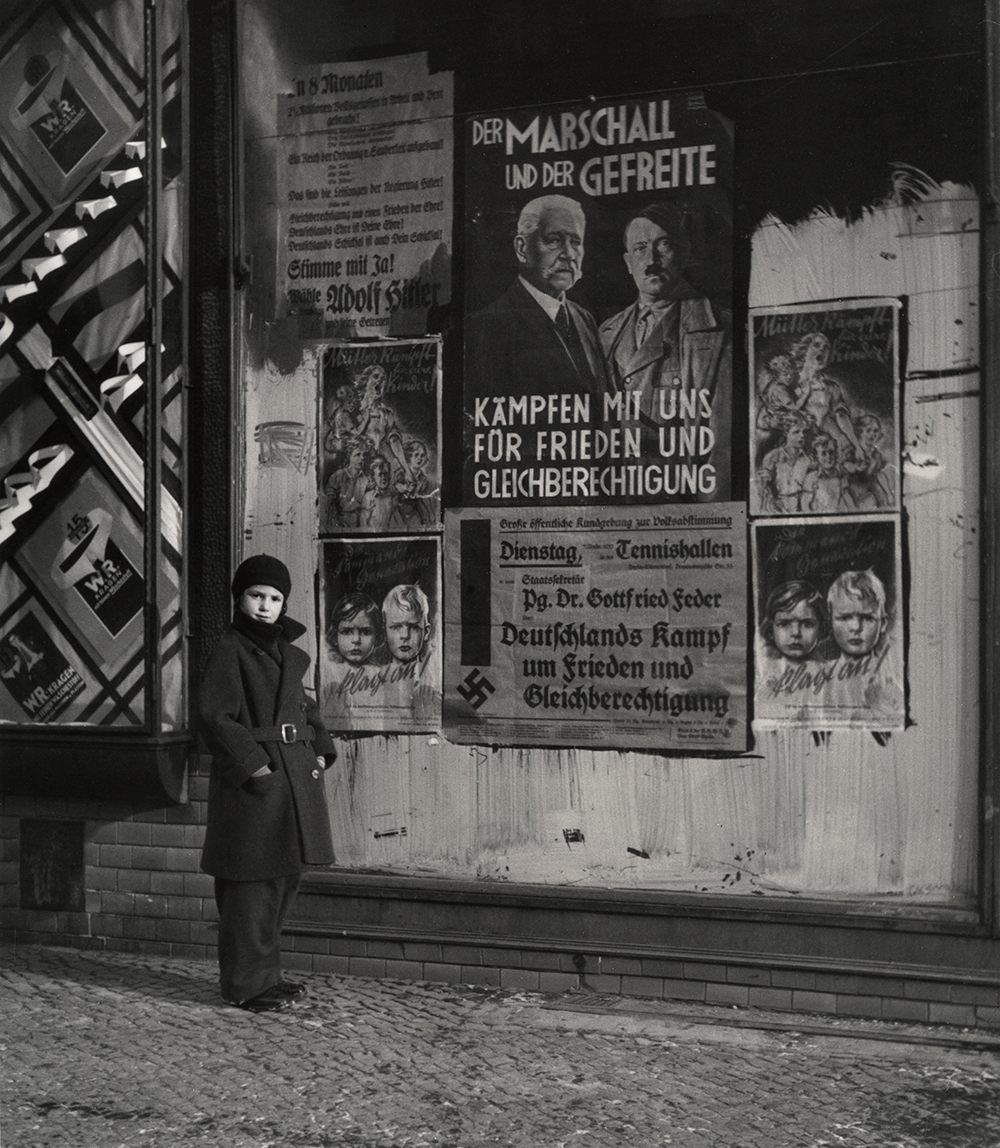
Vishniac’s daughter Mara posing in front of an election poster for Hindenburg and Hitler that reads “The Marshal and the Corporal: Fight with Us for Peace and Equal Rights,” Wilmersdorf, Berlin, 1933. (Photo: © Mara Vishniac Kohn, courtesy International Center of Photography)

Preparing food in a Jewish soup kitchen, Berlin, mid- to late 1930s. (Photo: © Mara Vishniac Kohn, courtesy International Center of Photography)

Willy Lefkowitz and Martin Grünpeter constructing a foundry, Werkdorp Nieuwesluis, Wieringermeer, the Netherlands, ca. 1938. (Photo: © Mara Vishniac Kohn, courtesy International Center of Photography)
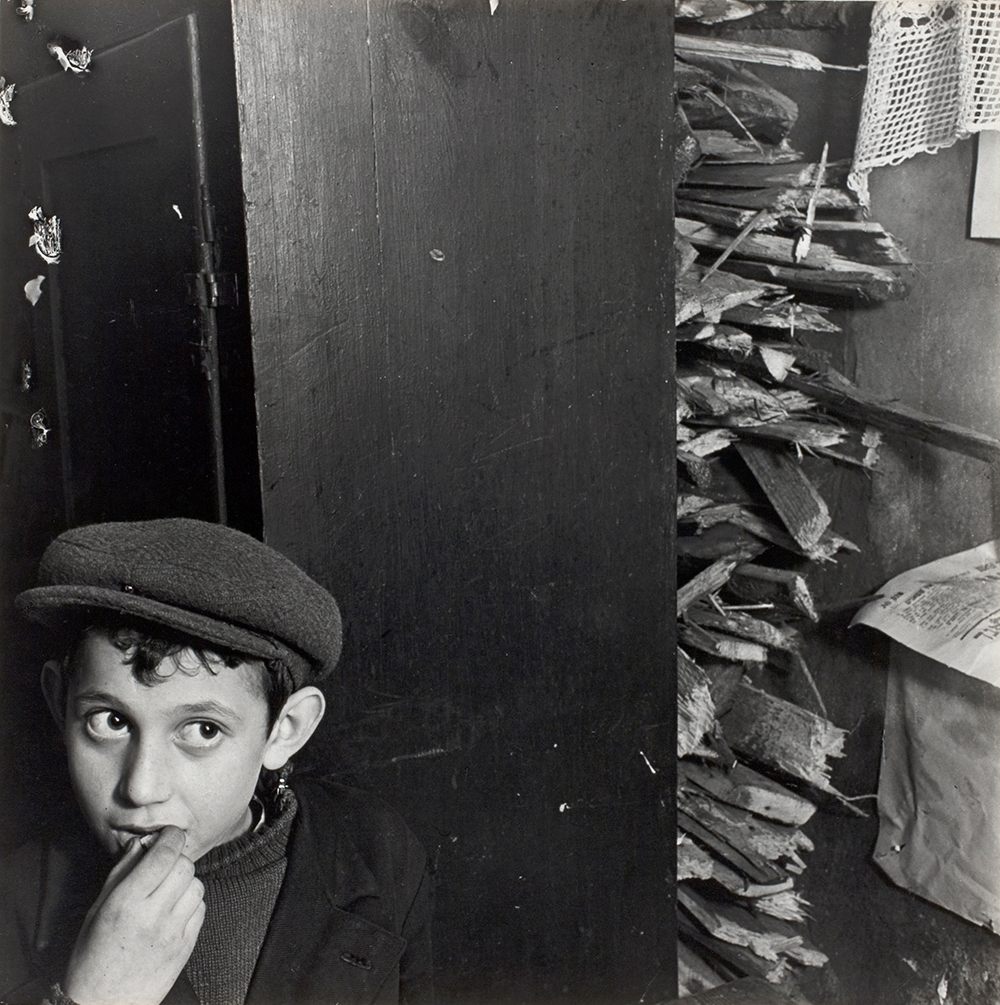
Boy with kindling in a basement dwelling, Krochmalna Street, Warsaw, ca. 1935–38. © Mara Vishniac Kohn, courtesy International Center of Photography. (Photo: © Mara Vishniac Kohn, courtesy International Center of Photography)

Holocaust survivors and American relief worker, probably Schlachtensee Displaced Persons camp, Zehlendorf, Berlin, 1947. (Photo: © Mara Vishniac Kohn, courtesy International Center of Photography)
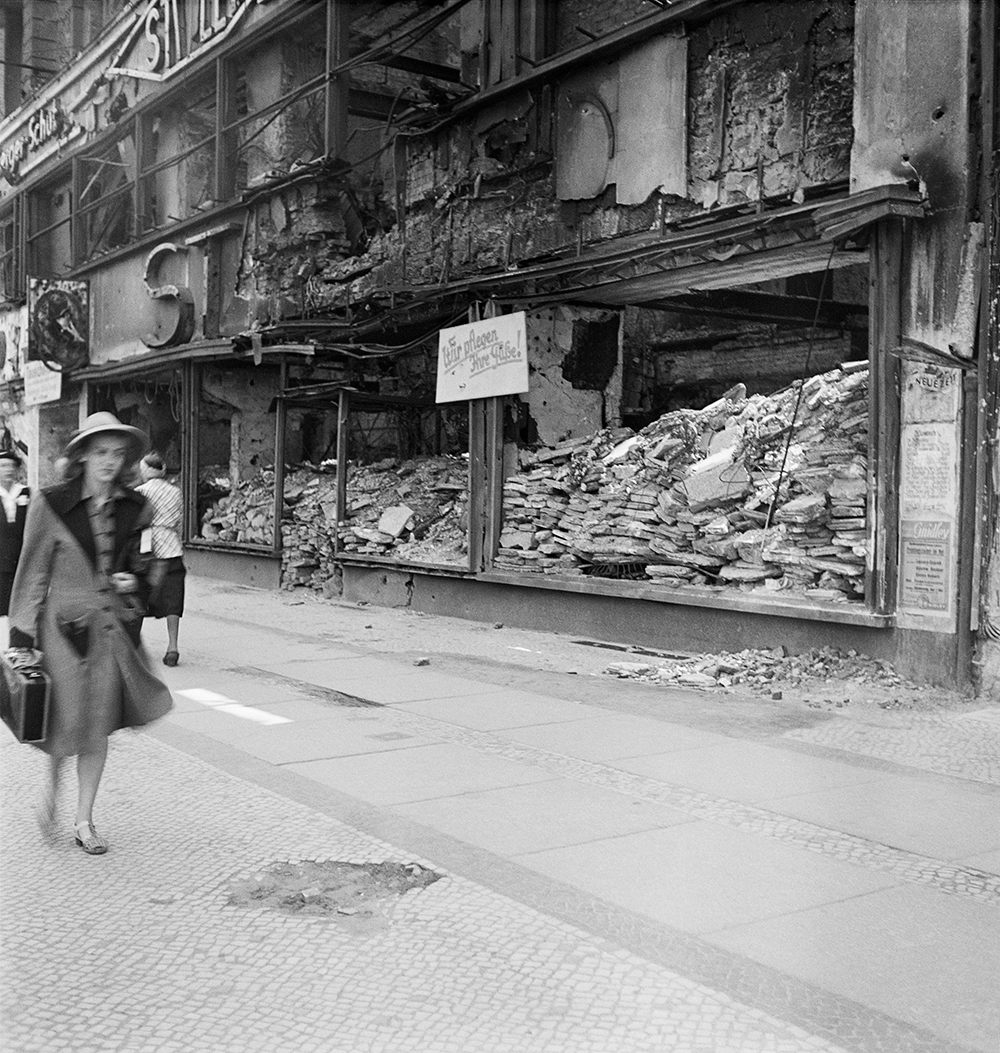
Woman walking past a demolished shoe store with a sign that reads “We take care of your feet!,” Berlin, 1947. (Photo: © Mara Vishniac Kohn, courtesy International Center of Photography)
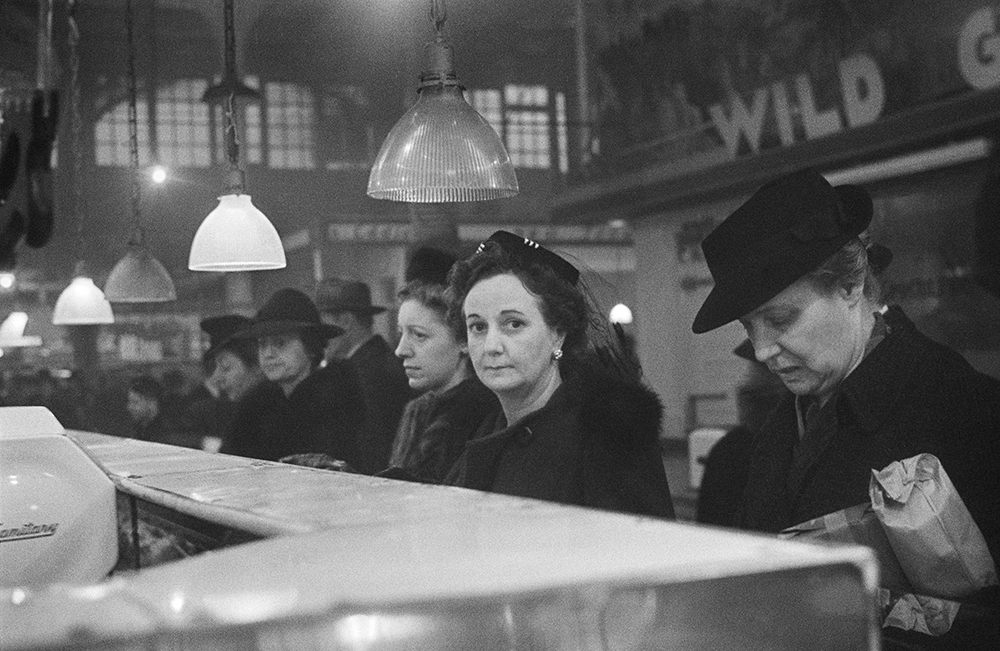
Customers waiting in line at a butcher’s counter during wartime rationing, Washington Market, New York, 1941–44. (Photo: © Mara Vishniac Kohn, courtesy International Center of Photography)

The book Roman Vishniac Rediscovered.
Updated, 11/6: An earlier version of this article misidentified the century that Vishniac worked in.



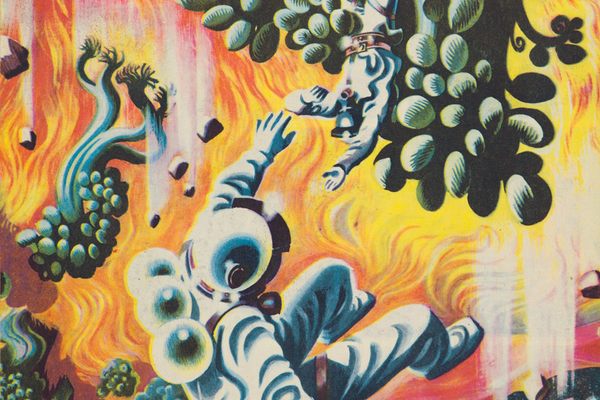



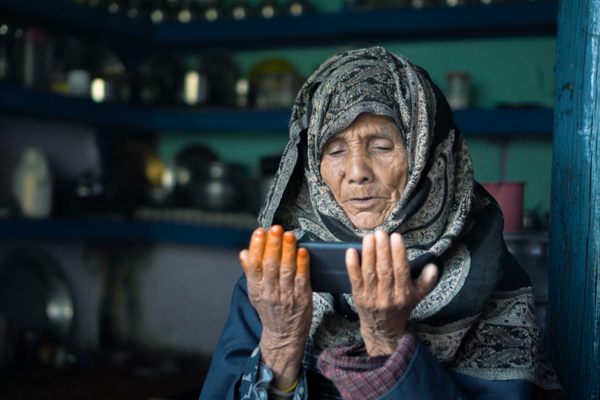
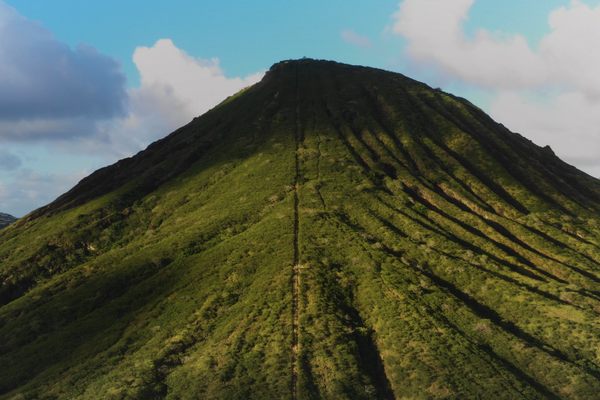

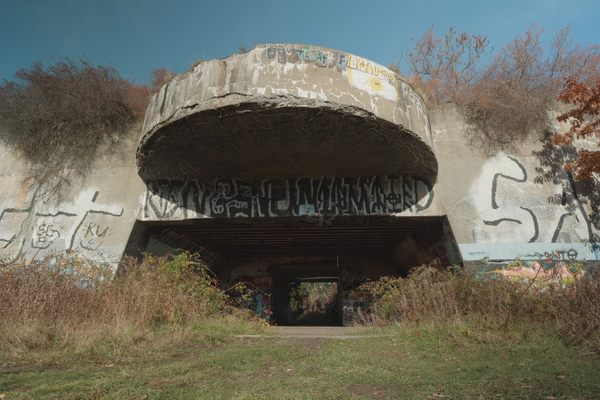
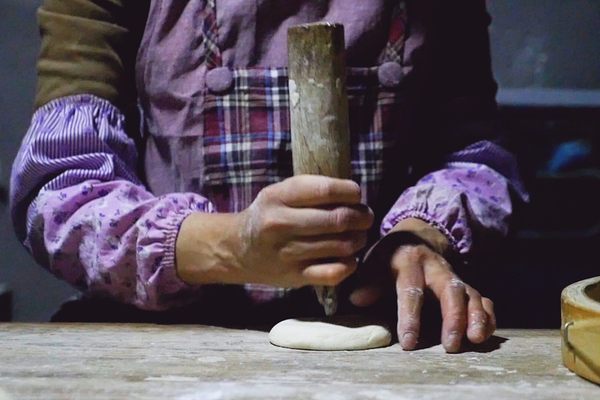



Follow us on Twitter to get the latest on the world's hidden wonders.
Like us on Facebook to get the latest on the world's hidden wonders.
Follow us on Twitter Like us on Facebook